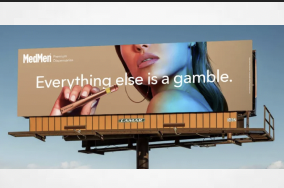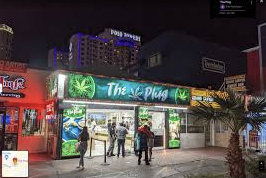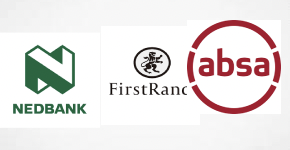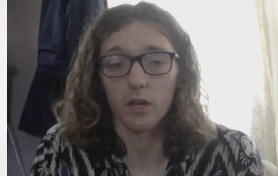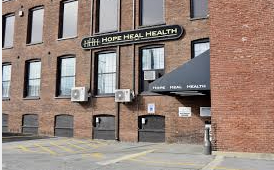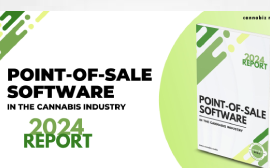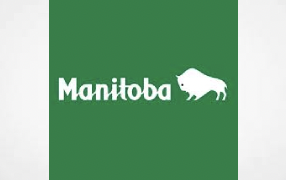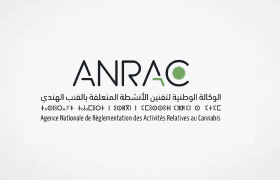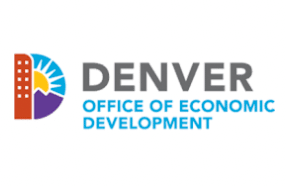| DENVER – June 23, 2022 – Denver Economic Development & Opportunity (DEDO) has launched a targeted entrepreneurial assistance program for aspiring cannabis business owners that is specifically designed to boost ownership among individuals disproportionately impacted by marijuana prohibition and enforcement. Funded by $500,000 of the city’s retail marijuana special sales tax revenues, the program seeks to train and elevate Denver residents who meet the State of Colorado’s definition of a social equity applicant in the cannabis industry.
Through a competitive bidding process, the city has selected The Color of Cannabis as its program partner, a local woman-owned firm experienced in helping cannabis newcomers understand and navigate entry into the industry—including the many regulatory, legal, financial, and logistical challenges such as identifying suitable real estate. Because of federal prohibition, marijuana businesses often cannot obtain a traditional bank loan for startup costs, and owners of marijuana businesses cannot deduct their business expenses on their taxes as a typical entrepreneur can. Access to the industry is thus limited to individuals who have capital to invest or alternative resources for startup funds, and substantial industry-specific technical knowledge is critical to business success. “As part of our extensive social equity efforts in partnership with the cannabis industry, we’re pleased to now fund free training for social equity applicants,” Mayor Michael B. Hancock said. “Denver set the standard for successful cannabis regulations as the first city with legalized sales in America. Creating and improving equitable access for all to enter this industry, especially those disproportionally impacted by the war on drugs, remains our priority.” Following the state definition of a social equity applicant, Denver is seeking aspiring social equity cannabis entrepreneur applicants who meet at least one of the following criteria:
|
| “As with any business start-up, there is a substantial learning curve for both tangible and intangible elements of business ownership. In partnership with The Color of Cannabis, we’ve developed this rigorous curriculum to meet the unique needs cannabis social equity applicants,” said Jen Morris, DEDO Executive Director. “It is also important for us to reinvest our local marijuana sales tax dollars into the community to level the playing field for wealth-building within the industry.”
“We are pleased to bring our commitment to greater ownership equity in the cannabis industry to this historic program,” said Sarah Woodson, CEO and founder of The Color of Cannabis. “We’ll serve several small-group cohorts over the next year and surround them with advice, mentoring, information, and encouragement.” DEDO’s program builds upon Denver’s social equity program, which reduces barriers to entry into the cannabis industry by:
The 10-week curriculum will include subject matter experts on topics such as the history and politics of the industry, compliance, delivery, and hospitality as well as marketing and best practices. Success metrics in the program will include the number of social equity applicant businesses who complete the 10-week curriculum, become licensed, raise capital, create jobs, and/or continue to operate with social equity ownership at 12- and 24-month milestones. Those interested in this program are encouraged to learn more and register here. The deadline for registration is Friday, July 15 at 5 p.m. with the initial training session occurring on July 23. A kick-off event for the initial cohort will be held on Thursday, July 21 from 4-7 p.m. |
